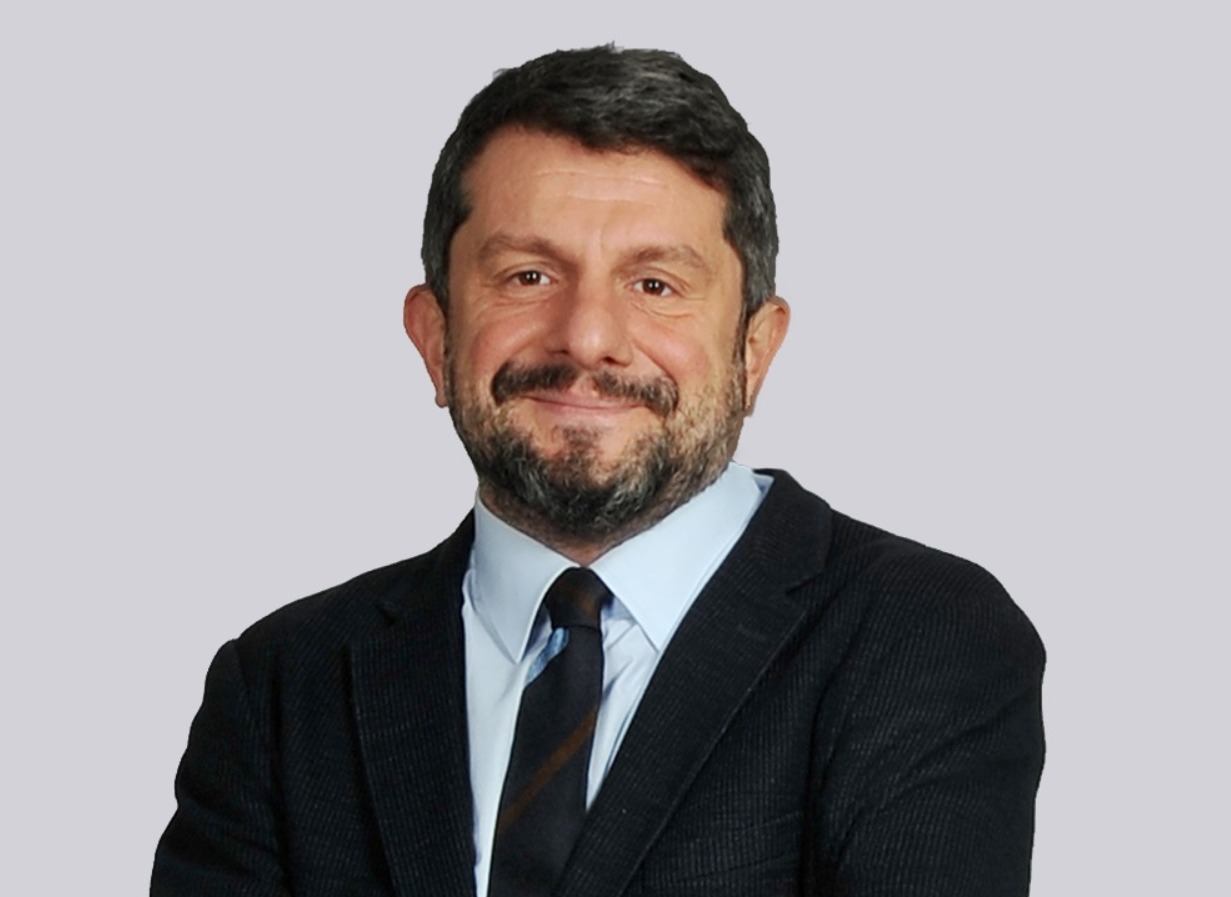Driven by a penchant for authoritarianism and pseudo-orthodoxy, Turkish President Erdogan has no qualms of conscience in defending a criminal investigation against the judges. The judicial system under Erdogan has not one but three power centers, namely the Constitutional Court, the Supreme Court of Appeals, and the President.
The judicial dichotomy seems to have been designed to shift the arbitration of a controversial case between the two judicial power centers to the Presidential authority. The President may indirectly showcase as the supreme arbitrator, but the animosity between the two courts, claiming to be the centripetal power, has developed intense acrimony.
Last year, criminal cases were framed against seven judges, and they were given 18 years’ imprisonment. Included in the seven was one Can Atalay, a lawyer and elected lawmaker.
The controversy arose when the Constitutional Court decreed Atalay’s arrest was illegal because he was an elected lawmaker and enjoyed immunity. But the Supreme Court refused to comply with the Constitutional Court’s verdict. Amusingly, it filed a criminal complaint against the Constitutional Court judges.
Erdogan accused the country’s highest court of making repeated mistakes. He defended an unprecedented criminal investigation against his judges.
In Turkey’s public opinion, the trial of seven lawmakers has been highly controversial. Still, the core from the President goes on harping that the accused are corrupt and that a correct verdict has come from the Supreme Court.
While 18 years of imprisonment has been given to the accused, the controversial judgment has given life imprisonment to the award-winning philanthropist Osama Kavala.

Atalay Case
The case of Atalay, which became the source of controversy and exposed the hatred between the triad, has an exciting yet poignant story behind it. The 47-year-old Atalay was last allowed to fight the Turkish general election in May. He fought on the leftist Worker’s Party (TIP) ticket and won the seat.
Erdogan and his ruling party found it difficult to swallow the bitter pill. Their apprehension was that a vocal member of the Worker’s Party, which has, by and large, upheld the case of the Kurdish community of Turkey, could become a source of embarrassment for the ruling party in general and the President in particular.
In the legal standoff between the two empowered courts, should they usually have been assigned to a joint panel of legal luminaries known for their just and righteous judgment? But instead, Erdogan lost no time in announcing that he sided with the decision of the Supreme Court.
Erdogan Abhors Democracy
Erdogan made no secret of his loathing for the independence of the judiciary by creating a highly partial and unbecoming statement to rough the Constitutional Court.
He said, “At this point, unfortunately, the Constitutional Courts made many mistakes, one after another. This seriously saddens us.” He spoke to Turkish journalists on board his return flight from a trip to Uzbekistan.
Erdogan is now playing up the Supreme Court’s request for prosecutors to investigate the Constitutional Court’s judges “cannot be thrown away or pushed aside.” What does it mean? It means he intends to dismiss the judges of the Constitutional Court not through an administrative but through a consensual verdict of the Supreme Court.
Suppression Of Opposition
The charge against Kavala is that he was leading a ban that aimed at overthrowing the constitutional order by allegedly funding a wave of 2013 protests that has posed a severe challenge to Erdogan’s two-decade-old arbitrary rule.
Atalay, whose case has taken the lid off the entire narrative, was pleading the case of the accused persons. He said that the charges against him and Kavla were fictitious and fabricated.
Erdogan’s vengeance against his political opponents did not rest with their prosecution on false charges only but told his confidants that Atalay could flee Turkey if he were released from jail. He contended that similar things had happened before.
It has to be noted with disappointment that previously, the Turkish parliament had voted to lift immunity from prosecution of opposition politicians, arguing that the government’s view was that they were terrorists. Incidentally, most of them were Kurds of Turkey. Erdogan vows that his country should not and cannot face “perverts” who have fled abroad.
Conclusion: Deceptive Tactics
The above narrative proves Erdogan’s deceptive tactics of maneuvering politics to strengthen his hold on political power. The story shreds apart his false and dubious claim of being a Democrat.
The first and foremost test of a healthy democracy is how it behaves with the opposition since the opposition is the basis of democratic dispensation. Who does not know that Erdogan deals with his political opponents with vengeance?
He will use all tools at his disposal to suppress political opponents and behave like a medieval autocrat. He has adopted an aggressive posture against his neighboring countries, including Greece. He is a sworn enemy of the Kurds and has curtailed their rights.
For the last two or three years, he has been raking up the Kashmir issue in the UN General Assembly and spitting poison against India. A neo-dictator who puts his political opponents behind bars to disallow healthy criticism has no right to speak of the Kashmir dispute of which he has not the faintest idea.
The Arabs don’t trust his much-touted Islamic credentials.
- KN Pandita (Padma Shri) is the former director of the Center of Central Asian Studies at Kashmir University. Views Personal.
- Mail EurAsian Times at etdesk(at)eurasiantimes.com
- Follow EurAsian Times on Google News